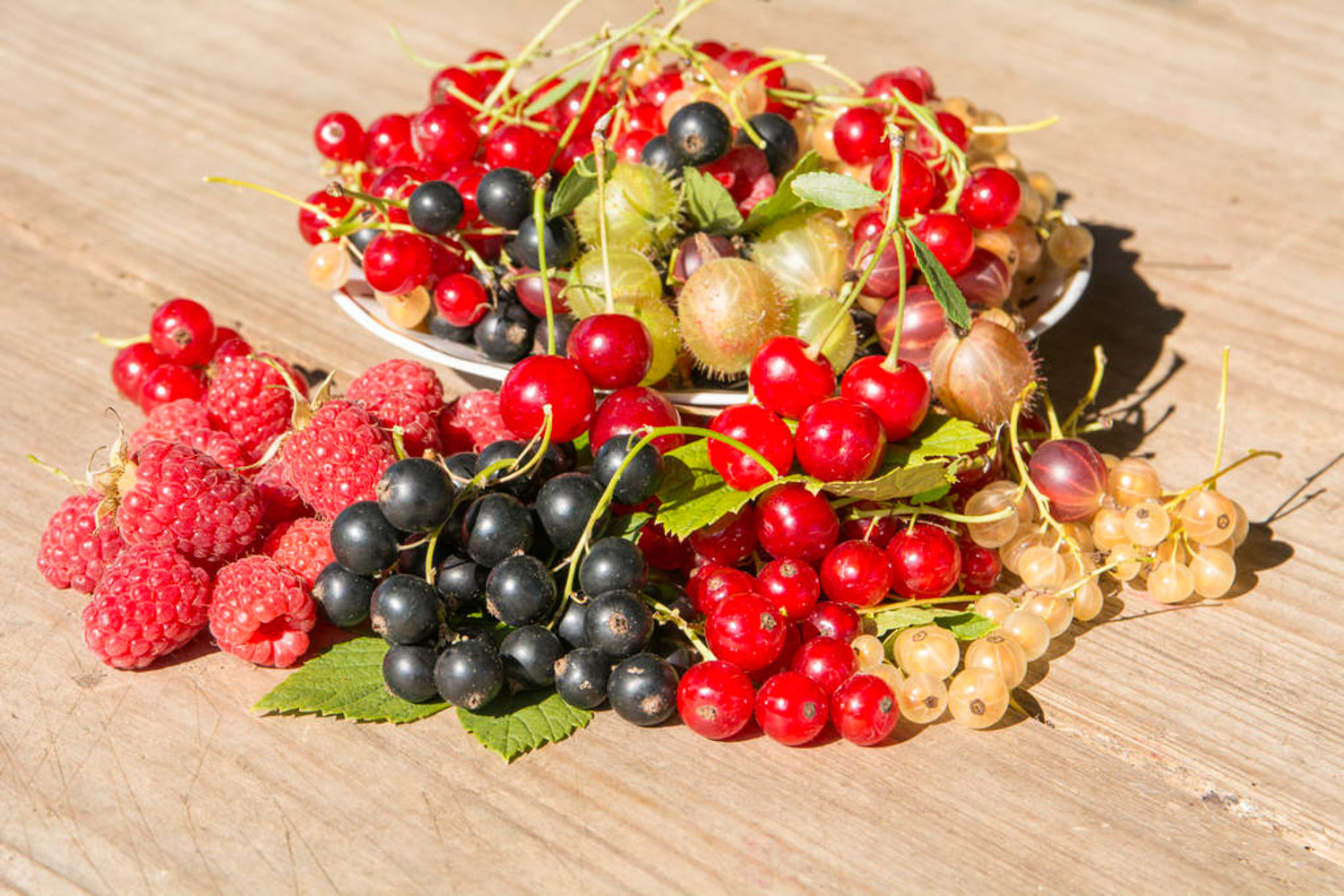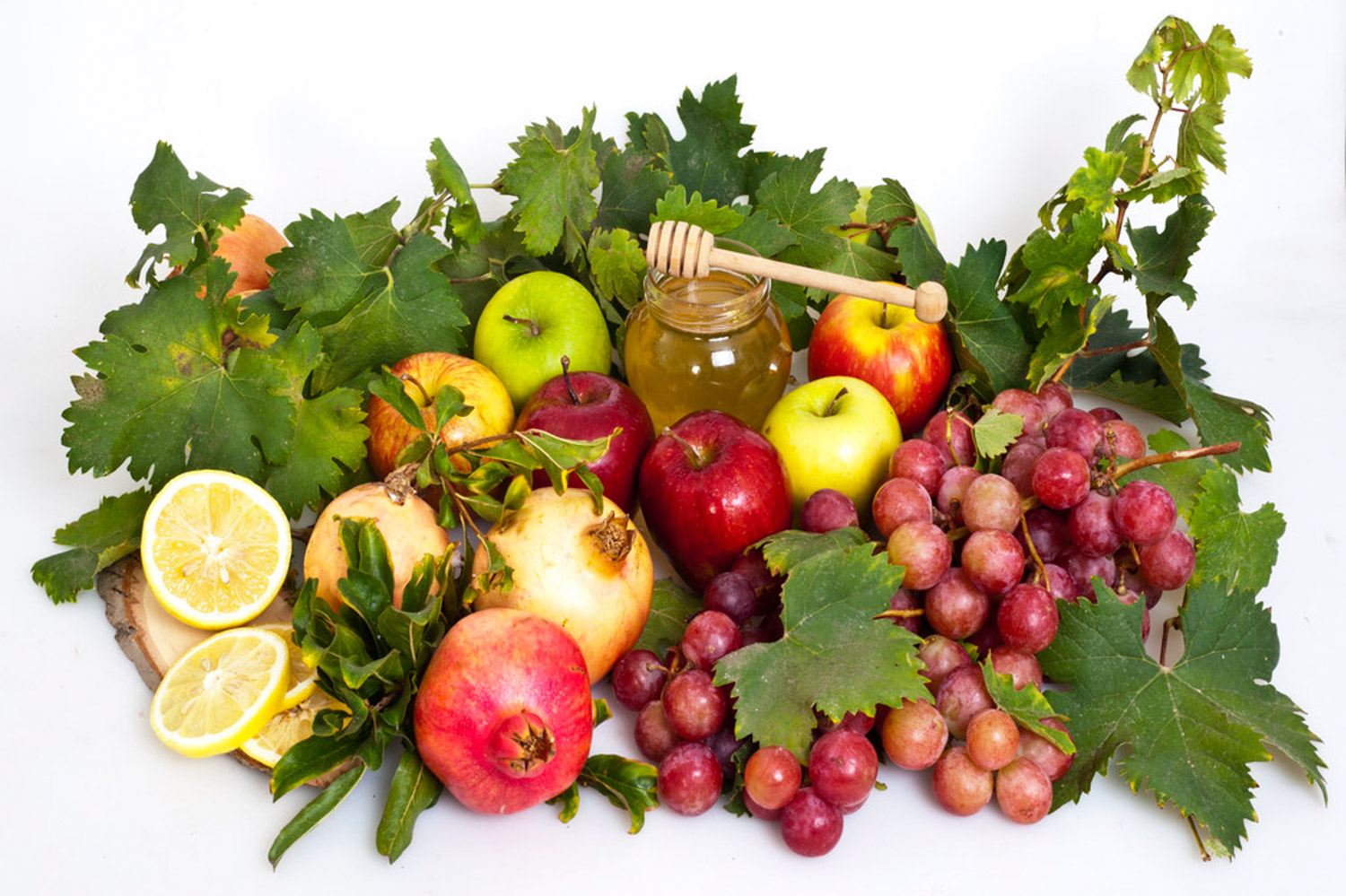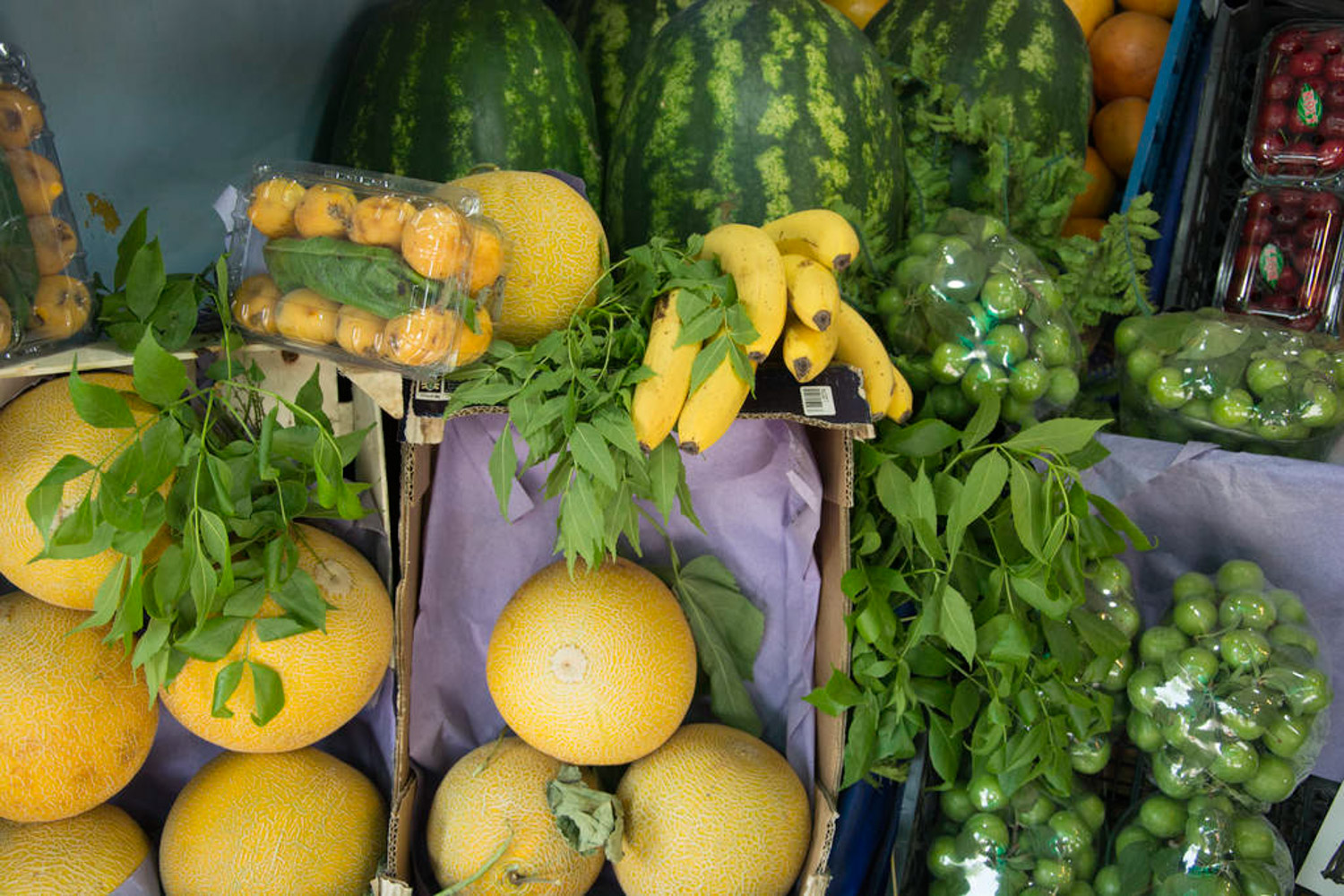Passion fruit

Planting passion fruit on the balcony is very simple. As long as you buy a passion fruit and don't throw away the seeds after eating, you can harvest a lot of fruit< span>
1. Seed selection
When you buy passion fruit, you should choose some very big, ripe and healthy looking passion fruit, because such seeds have high maturity and high germination rate. After going home, take out the seeds, wash them, and then dry them for use

2. Budding
Soak the prepared seeds in water for 24 hours, which can further improve the germination rate. After that, prepare paper towels. After soaking, spread the seeds evenly on them, and then put them into transparent boxes and seal them with plastic bags
3. Sow
When the seeds sprout small white buds, they can be sown. Place the seeds evenly on the soil, and then cover them with some sand and water them, so that the seeds can sprout quickly

4. Intercropping
Sometimes, because the budding rate is too high, it sends out dense buds, which is really a sweet trouble. However, we should be cruel to leave only one or two trees, otherwise, the air is not circulating and the nutrients are too little, and all the seedlings will not grow tall. The selected ones can be transplanted into other pots alone

5. Topping
Soon, our passion fruit will run high and climb upstairs. At this time, we will hit the top. Topping is to promote the growth of lateral buds. In this way, more branches and more passion fruit will be received

6. Blossom
Daily maintenance:
More sun exposure is conducive to the accumulation of sugar. It's not raining or cloudy. Be sure to water more. Water it every other day in the evening. It's best to use a large and deep basin, so that the passion fruit root system is strong, can absorb more nutrients, and can receive more fruits

Fig
Fig not only has sweet and nutritious fruit, but also has beautiful leaves. It looks super good when planted on the balcony. Huahua likes figs very much. Ah, my mouth is watering when I think about it now

1. Insert selection
For cuttings, we must choose adult and robust branches, about 20cm, with 3 or 5 bud points to facilitate subsequent germination. In the figure below is the bud point. Huahua will enlarge it for you

2. Cleaning and root accelerating
Pinch off all the leaves on the branches, otherwise it will waste the water in the branches and stems. Insert the bottom of the branch into the rooting aqueous solution and soak it for about 8 minutes

3. Soil selection
It is best to use the river sand that has been exposed to the sun and cleaned, which is relatively clean to prevent bacteria from polluting the roots

4. Cuttings planting
Prepare a transparent bottle, fill it with river sand, pour it into water, insert the cuttings, press the river sand a little more firmly, and place it in a ventilated astigmatism position. When you see the roots growing through the transparent container, you can transplant them into the flowerpot

Daily maintenance:
The leaves of fig are very large and wide. If you find that the leaves are a little wilted, water them quickly. Don't be short of water. Remember to bask in the sun in the morning and after 4 p.m. Proper shade should be provided at noon
Fire dragon fruit
We usually use cutting to grow pitaya on the balcony
1. Select Insert
Prepare a sharp knife with clean edges. Cut about 25cm-30cm long from the mother plant of Pitaya as a cutting strip, and then cut the bottom of the cutting strip obliquely to leak out the wood core in the middle, about 1cm

2. Cutting sterilization
Prepare carbendazim solution, soak the cuttings in for 10 minutes, then take them out and dry them in a ventilated place for about 5 days

3. Cuttings planting
Mix vermiculite and garden soil in the ratio of 1:3, pour water into the flowerpot, and insert the prepared cuttings

4. Slow seedling
Place the newly transplanted pitaya in a place with scattered light and ventilation, such as a corner. Note that one month after transplanting, do not touch water

5. Blossom

Daily maintenance:
Almost after the cuttings take root, you can let pitaya bask in the sun. The more sunshine, the more flowers the dragon fruit will bloom and the more fruit it will receive
Pomegranate
Pomegranates take root quickly and live well. Many flower friends who have pomegranate trees at home will choose high-altitude layering, but today, considering that some flower friends have no pomegranate trees at home, let's introduce cutting methods

1. Prepare cuttings
Don't choose too long to soak in the thick root, because it's easy to choose too long to soak in the thick root. It's better to be about the same thickness as the one in the figure below

2. Disinfection and root promotion
First, remove the large leaves on the branches, and then soak them in carbendazim solution for about 10 minutes. This is to disinfect the section to promote subsequent healing and rooting

3. Hydroponic rooting
After soaking too much carbendazim, the branches can be inserted into the water for hydroponic culture. Pay attention to place it in a ventilated place. Fine white roots will grow in about 2 or 3 weeks

4. Transplanting
After rooting, it grows 3. When there are four leaves, they can be transplanted into the flower pot. Look, the new buds have come out

5. Blossom

Daily maintenance:
Pomegranate is a sun loving plant. After survival, it is not afraid of drying in summer. If there is water, it can be watered once every three days

Blueberry
Blueberries can be pressed in the air. If relatives and friends have blueberries at home, they can share one

1. The first is to cut the skin. Cut off a small piece of skin according to the method shown in the figure below

2. Then scrape it with a knife to form a burr, but don't scrape it too hard. It's OK to the extent shown in the figure below

3. Prepare a piece of fresh-keeping film, lay it on the ground, put some peat and a small amount of rooting powder, stir evenly, and spray wet with a watering can

4. Wrap the fresh-keeping film containing peat in the position we cut just now and wrap it tightly

5. Wait for about a month. When you untie it, you will find that it has taken root. Then you can cut it from under the pimple and transplant it into the flowerpot

Daily maintenance:
Blueberries are not afraid of high temperature. They can be placed on the balcony and often exposed to the sun. Water thoroughly every evening and apply some cake fertilizer every month


 how many times do yo...
how many times do yo... how many planted tre...
how many planted tre... how many pine trees ...
how many pine trees ... how many pecan trees...
how many pecan trees... how many plants comp...
how many plants comp... how many plants can ...
how many plants can ... how many plants and ...
how many plants and ... how many pepper plan...
how many pepper plan...



























